Edward G. Shaw – Challenging Geriatric Behaviors
$39.00 Original price was: $39.00.$35.10Current price is: $35.10.
If you encounter any issues with the download link, please inform us via email, we will promptly resend the link within 1-6 hours.
- Working time: GMT+8
- Status: Available for instant download.
- Full lifetime access
- 30-Day Money-Back Guarantee
What you’ll learn
Description
-
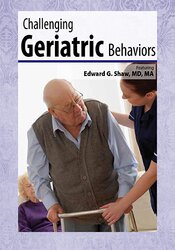
Edward G. Shaw – Challenging Geriatric Behaviors
- Faculty:
- Edward G. Shaw
- Duration:
- 5 Hours 42 Minutes
- Format:
- Audio and Video
- Copyright:
- Apr 24, 2020
Description
This is the best recording on challenging geriatric behaviors that you will ever complete – GUARANTEED! Join Edward G. Shaw, MD, MA, speaker on geriatrics for a high-energy, dynamic program filled with interesting case studies, insightful discussions and interactive learning. You will finish this recording with practical techniques that you can apply the next day!
Dealing with cognitively-impaired geriatric patients can be challenging even for the experienced healthcare professional. You will learn strategies to manage behaviors such as:
- Dementia
- Aggression
- Anxiety and depression
- Refusal of food and fluids
- Inappropriate sexual advances
If older adults are routinely under your care, minimize your risk of escalating the problems associated with troublesome, often irrational behavior by attending this program. Gain valuable insights into the causes of challenging geriatric behaviors and learn innovative and practical intervention strategies to improve the care you provide.
Handouts
| Manual – Challenging Geriatric Behaviors (9.1 MB) | 64 Pages | Available after Purchase | |
| Commission on Dietetic Registration (CDR) Certificate Instructions |
Outline
Normal Aging, Dementia, Depression or Delirium
- Normal aging changes of the mind
- Depression, dementia, and delirium
- Alzheimer’s disease and other dementias
- Diagnose, differentiate, and develop a plan of care
Alzheimer’s Disease
- Stages
- Assessment
- Getting a diagnosis
- Behavioral issues of early diagnosis
- Management and interventions
- Pharmacological treatments /li>
Driving with Dementia
- Driving safety
- Legal issues
- Assess driving abilities
- How to take the keys away
Wandering
- Reasons why cognitively impaired individuals wander
- Is wandering a bad thing?
- Issues to consider
- Manage a wanderer’s behavior
Physical Aggression
- Identify the cause of aggression
- Loss of impulse control
- Regression of the mind/child-like mind
- Manage the problem
Inappropriate Sexual Behaviors
- Normal sexual drive or inappropriate behavior
- Cognitively impaired individuals
- Medication management
- Ethical considerations
Refusing to Eat/Forgetting to Eat
- Reasons why geriatric patients slow or stop eating
- Nutritional needs in a geriatric patient
- Improve nutritional status
- Malnutrition and dehydration
- Alternatives to eating
Sleepless Nights
- Sundowning and behavioral problems in the evening
- Why does sundowning occur?
- Environmental interventions to decrease aggressive behaviors
- Medication management when it becomes problematic
Caregiver Stress
- Physical, psychological, and emotional stress
- Identify caregiver burnout and ways to help
- Assist the caregiver
Other Issues
- Ways to identify potential falls and prevent injury
- Causes for orthostatic hypotension
- Ways to avoid using restraints
Case Studies: Learning from Experience and Mistakes
- How to manage sundowners
- Strategies to improve hygiene
- Reassurance and redirection
Faculty
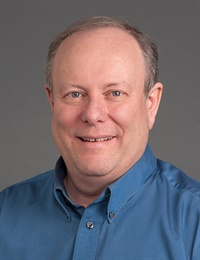
Edward G. Shaw, MD, MA Related seminars and products: 5
Empath Education, LLC
Edward G. Shaw, MD, MA, is dually trained as a physician and mental health counselor. He was the primary care partner for his late wife, Rebecca, who was diagnosed with early-onset Alzheimer’s disease in 2008 at age 53 and died in 2016 after a 9-year journey.
Following training at the Mayo Clinic, Ed was a practicing academic radiation oncologist for 23 years, at Mayo then Wake Forest School of Medicine. In 2010, inspired by Rebecca’s journey, his medical interest shifted to dementia diagnosis and treatment, and with his additional training in mental health counseling, he founded the Memory Counseling Program in 2011, part of the Section on Gerontology and Geriatric Medicine and the Sticht Center on Healthy Aging and Alzheimer’s Prevention at Wake Forest Baptist Health in Winston-Salem, North Carolina. The program serves individuals, couples, and families affected by Alzheimer’s disease or another type of dementia.
Along with coauthors Dr. Gary Chapman and Deborah Barr, in 2016 Ed wrote Keeping Love Alive as Memories Fade: The 5 Love Languages and the Alzheimer’s Journey, which describes his moving personal story of caring for Rebecca coupled with an innovative use of the five love languages in dementia counseling. His newest books, The Dementia Care Partner’s Workbook and A Leader’s Manual for Dementia Care-Partner Support Groups, were released in June 2019.
Ed speaks locally, regionally, and nationally to audiences of dementia-focused healthcare professionals and care partners on the dementia journey. His dynamic, interactive speaking style and expertise as doctor, counselor, and caregiver resonate with those he shares with.
Speaker Disclosures:
Financial: Edward Shaw is the founder of the Memory Counseling Program. He is an author for Companion Press and receives royalties. Dr. Shaw receives a speaking honorarium from PESI, Inc.
Non-financial: Edward Shaw has no relevant non-financial relationships to disclose.
Be the first to review “Edward G. Shaw – Challenging Geriatric Behaviors” Cancel reply
You must be logged in to post a review.
Related products
Health / Medical
Health / Medical
Holistic Therapy Business Diploma Course – Centreofexcellence
Health / Medical
Health / Medical
Linda Graham – Bouncing Back: Rewire the Brain for Resilience and Post-Traumatic Growth
Health / Medical
Health / Medical


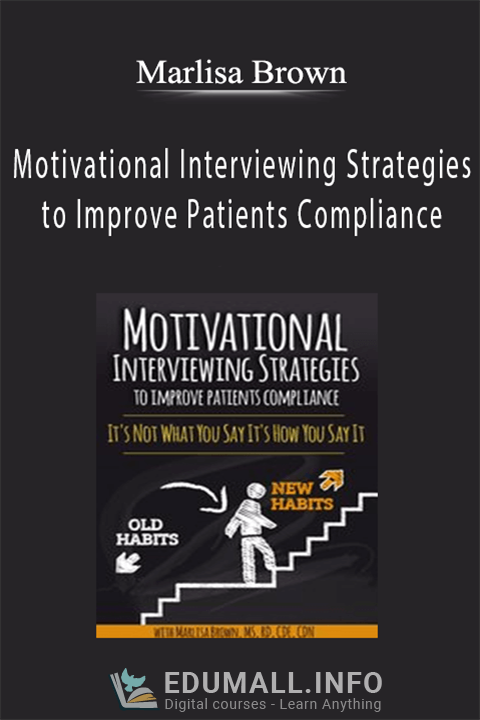


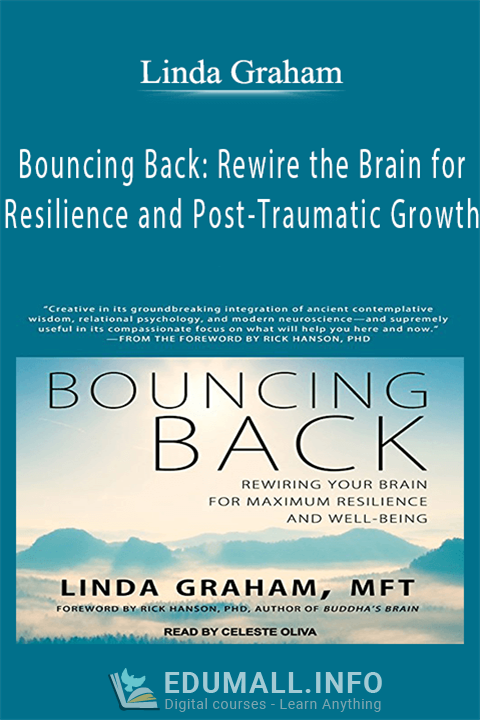
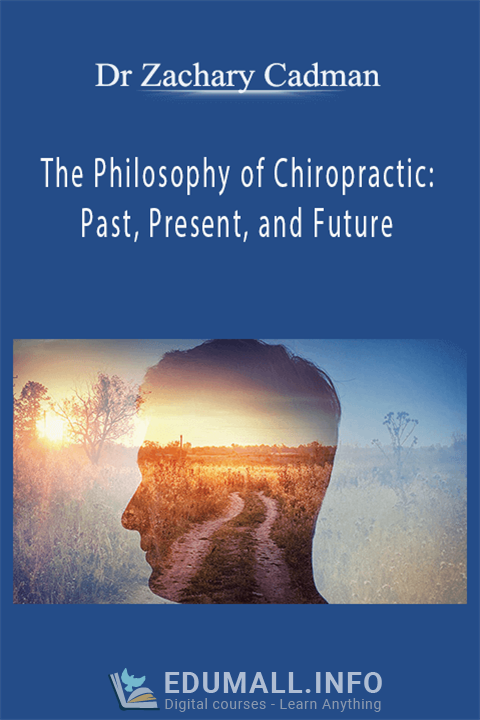



5 reviews for Edward G. Shaw – Challenging Geriatric Behaviors
There are no reviews yet.